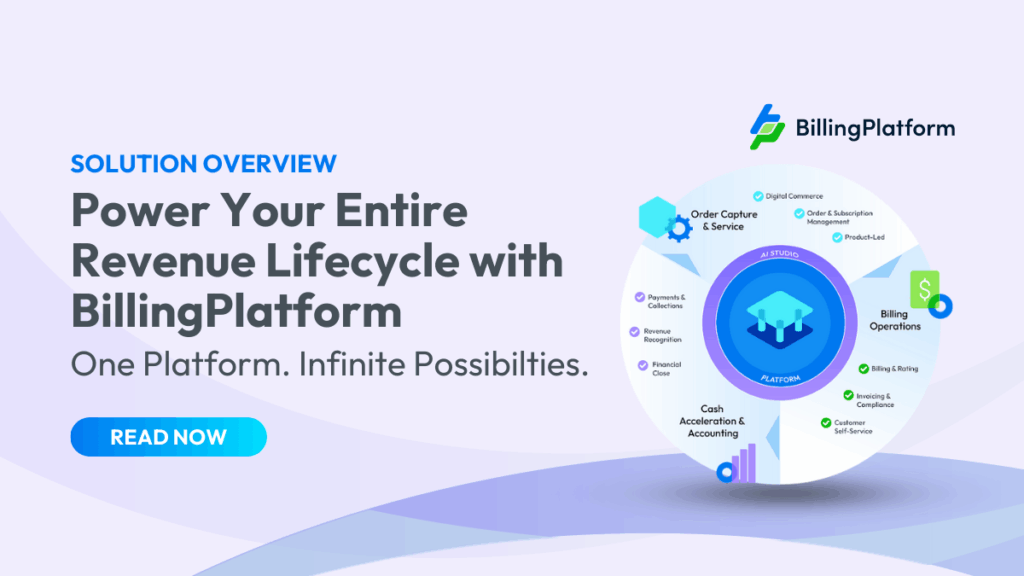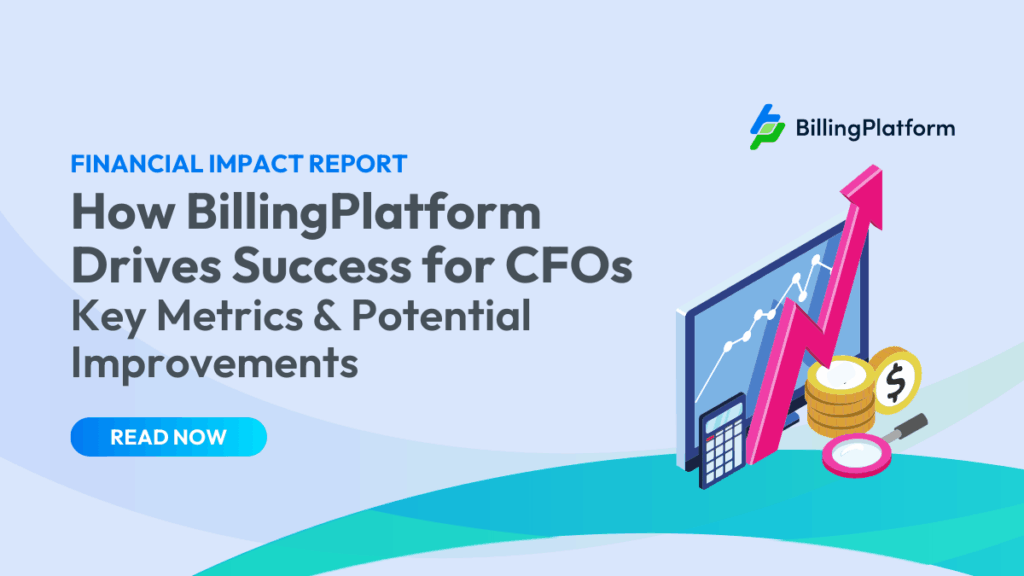Yesterday’s innovations have given way to a new paradigm shift in digital technology: Cloud Computing. The cloud has created vast opportunities for seamless integrations that dramatically increase productivity.
One important aspect of integration today is the fact that systems are becoming less centralized, more distributed, and available as cloud offerings. Traditional software installations are going away and in order to join the vast ecosystem of available enterprise applications as well as network and hardware infrastructure, it’s more important than ever before to have an open structure that can integrate with most anything.
The Importance of Integration in Cloud Billing
Billing is a centralized hub for many systems and applications, as it naturally needs to take input from systems that represent CRM, Provisioning, and customer usage to produce invoices. The ability to integrate with web applications is a key factor in reducing costs and streamlining efficiency. Billing systems that cannot integrate with external applications create roadblocks to revenue recognition and waste valuable time by adding unnecessary steps.
In order to remain the most cost-effective and efficient solution, billing systems must offer the ability to integrate with any external application. This allows businesses to substantially reduce the time between service delivery and revenue recognition, and in turn increases their bottom line.
Unified Cloud Ecosystem
Billing systems that cannot leverage the vast capabilities and expanding community of the cloud leave companies that use them out in the cold and falling behind their competitors.
The integrated enterprise applications of tomorrow will speak freely to each other in a unified cloud ecosystem. This new cloud paradigm creates golden opportunities for companies that choose to take advantage of the next level of innovation.



